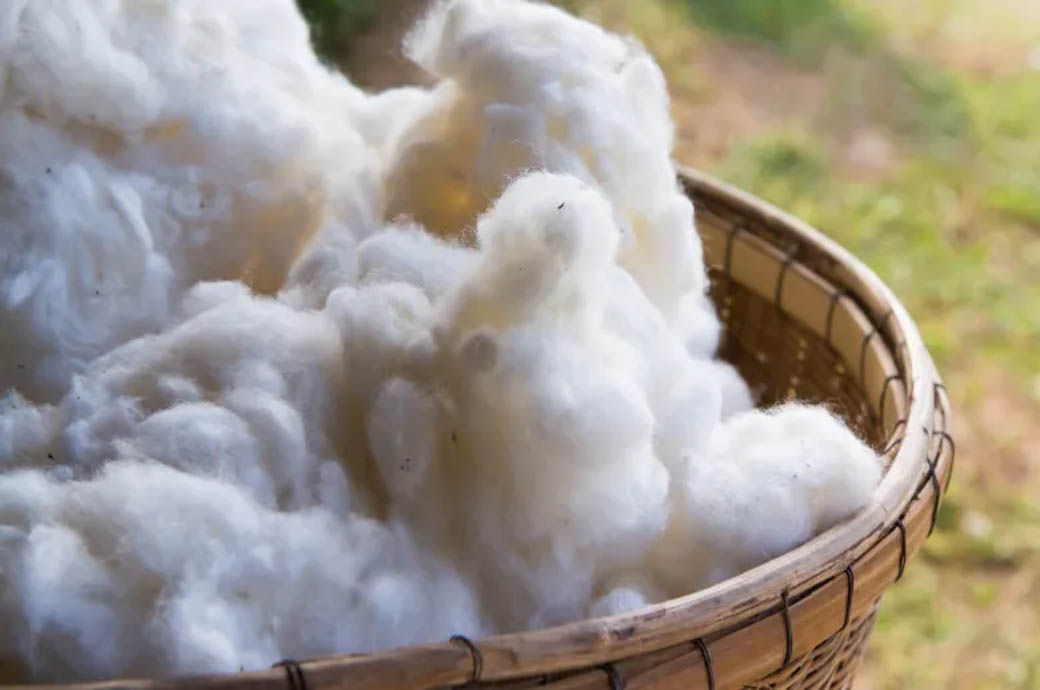
Despite a general sense that natural fibres are more environment friendly than synthetic fibres due to their natural origins, studies have found they are extremely prevalent and represent more than 70 per cent of all fibres found in the environment.
This shows that natural fibres may be less biodegradable than expected and that they may significantly affect the health of ecosystems, according to a release from the college.
Writing to the journal ‘Environmental Science & Technology’, the group, the group, including Matteo Gallidabino, lecturer in forensic chemistry at King’s College London, called for changes to the way research is conducted into fibre and textile pollution.
“How can we be sure that environmental natural fibre levels are not as harmful as, or more harmful than, synthetic fibre levels? Simply: we cannot, at least for the moment,” Gallidabino asked.
Very little is still known about the environmental impact of natural fibres, included their toxicity, said Gallidabino, and this shows a clear misalignment between the current research in microfibres and textile pollution, which mainly focuses on plastic materials, and the actual prevalence of the problem.
The authors criticise the ‘half told story’ of the environmental footprint of natural fibres built on unqualified assumptions that they are inherently more sustainable.
While natural polymers are more biodegradable than synthetic polymers, modifications to natural fibres for textile applications can alter their chemical structure. This can result in a slower rate of biodegradation or run the risk of chemicals leeching into the environment, the King’s College release said.
“Nine years since a letter to the same journal asked if natural fibres represent a missing link in our understanding of textile fibre pollution, we argue that they continue to represent a missing thread in sustainable fashion debates—a thread that requires concerted interdisciplinary research approaches," Tom Stanton, lecturer in geography at Loughborough University and first author of the letter, said.
"Exclusion of natural fibres in fibre pollution research risks promoting misinformed sustainability policies and messages. We implore the scholarly community to continue to develop and diversify natural fibre research,” he added.
Therefore, the academics asked that potential risks associated with the persistence, toxicity and chemical load of natural fibres be explored at scale.
The authors also highlighted that assessing the sustainability of natural fibres will require interdisciplinary academics collaborations, as well as integration of expertise from outside environmental science.
It is important that this interdisciplinary research encompasses the field of forensic science and forensic fibre specialists, who have optimised methods for the comprehensive characterisation of single microfibres in complex situations, they wrote.
The scientific community will also need to work on standardising terminology. While categories exist for the different fibre types—namely, natural, synthetic and regenerated fibres, these definitions are not consistent within research literature.
The academics argue that environmental scholars need to consistently use industry-standard definitions to make knowledge exchange easier and more transparent.
Fibre2Fashion News Desk (DS)